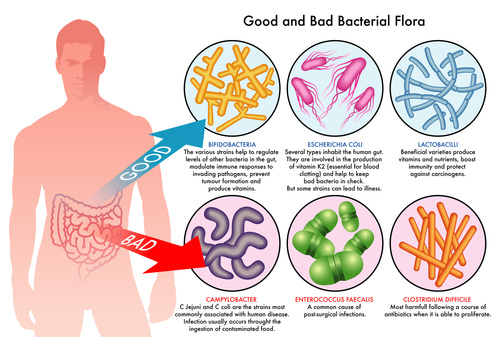Did you know that approximately 50% of people who are overweight have impaired iron metabolism, detectable on blood tests? For many of these people, they are getting plenty of iron in their diet.
Researchers have found that inflammation associated with excess body weight elevates a hormone in your liver called hepcidin, which has the effect of reducing iron absorption into your body from your digestive tract. The result is a metabolic storm of weight gain, fatigue, and poor thyroid function.
Discovered by scientists in 2000, Hepcidin is a hormone produced in your liver. Its job is to regulate iron use throughout your body, and it does so by communicating with the cells of your digestive tract, either allowing them to let iron in or not. So, if you have a high level of Hepcidin, you will be likely to have a low absorption of iron, regardless of how much iron is in the food you are eating.
Inflammation in the body, including inflammation from lack of sleep, toxin exposure, alcohol, medications, injury, excess exercise, and stress, increases Hepcidin levels. Similarly, carrying extra weight is an ongoing inflammatory condition where your cells send out inflammatory signals 24 hours a day, thereby increasing the hormone Hepcidin. Once that occurs, iron absorption diminishes.
Low iron results in signals in your liver to store fat and cause abnormal blood sugar elevation.
The most important step you can take to turn the tide on this situation is to focus on an anti-inflammatory diet that is high in raw vegetables and fruits, and avoid foods that are acidic and inflammatory, especially wheat and dairy.
Additionally, consider supplementing with coenzyme Q10, tocotrienols, r-alpha lipoic acid, and silymarin — all anti-inflammatory supplements that greatly support the body’s absorption of iron.










